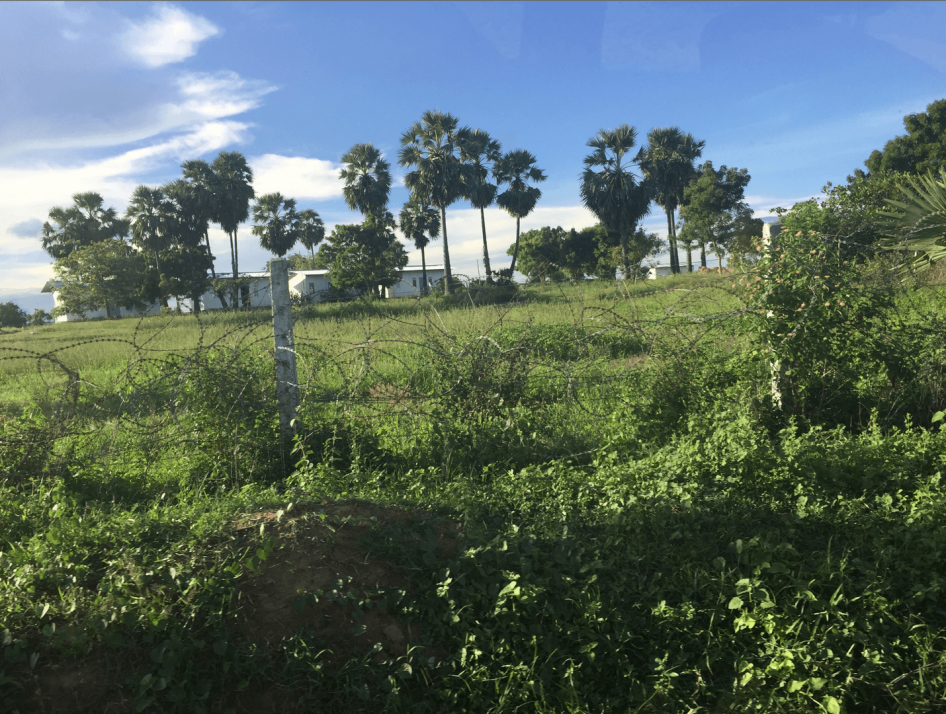“Our ancestors lived here,” said the elderly woman. She and a dozen other Muslim inhabitants of the village of Kasankurni spoke to a Sri Lankan activist and me last week from outside makeshift homes where they have struggled to survive for four years. “The army started by taking our maize and other crops. Then they blocked our children from going to school. They said the land belongs to them.”
Kasankurni lies astride a crocodile-infested river an hour’s drive south of Sri Lanka’s eastern port city of Batticaloa. In November 2011, two years after the end of the civil war with the Liberation Tigers of Tamil Eelam, the army expropriated Kasankurni’s homes for a military base. Literally overnight, they drove away the 69 families living there. The police did nothing to stop their eviction.
The amazing thing about the Kasankurni case is that the villagers have fought back – in court. With the help of local human rights activists, they have filed so-called Fundamental Rights cases in the Supreme Court against the military’s taking of their land.
Should they win their case, it will have implications for other Sri Lankans, particularly in the country’s war-torn north and east, where thousands of ethnic Tamils as well as Muslims have been displaced by the military.
Even as the military presence at Kasankurni is declining – dropping from 400 soldiers to about 20 over the past few years – the army isn’t budging. When the Supreme Court issued an interim order restoring the land to the villagers, the army took steps to consolidate the military base, even constructing a Buddhist temple on the property. Soldiers harassed one petitioner who tried to stay in her home by constantly playing loud music and Buddhist chants over loudspeakers, putting crushed glass on her path, and more.
This past January, Sri Lankans elected a new president, Maithripala Sirisena, to replace the increasingly abusive Rajapaksa administration. Since then, the human rights climate in the country has improved considerably, including with respect to land issues in the north and east. But as the Kasankurni case shows, not everyone has gotten the message that things have changed. The military needs to get the message.








